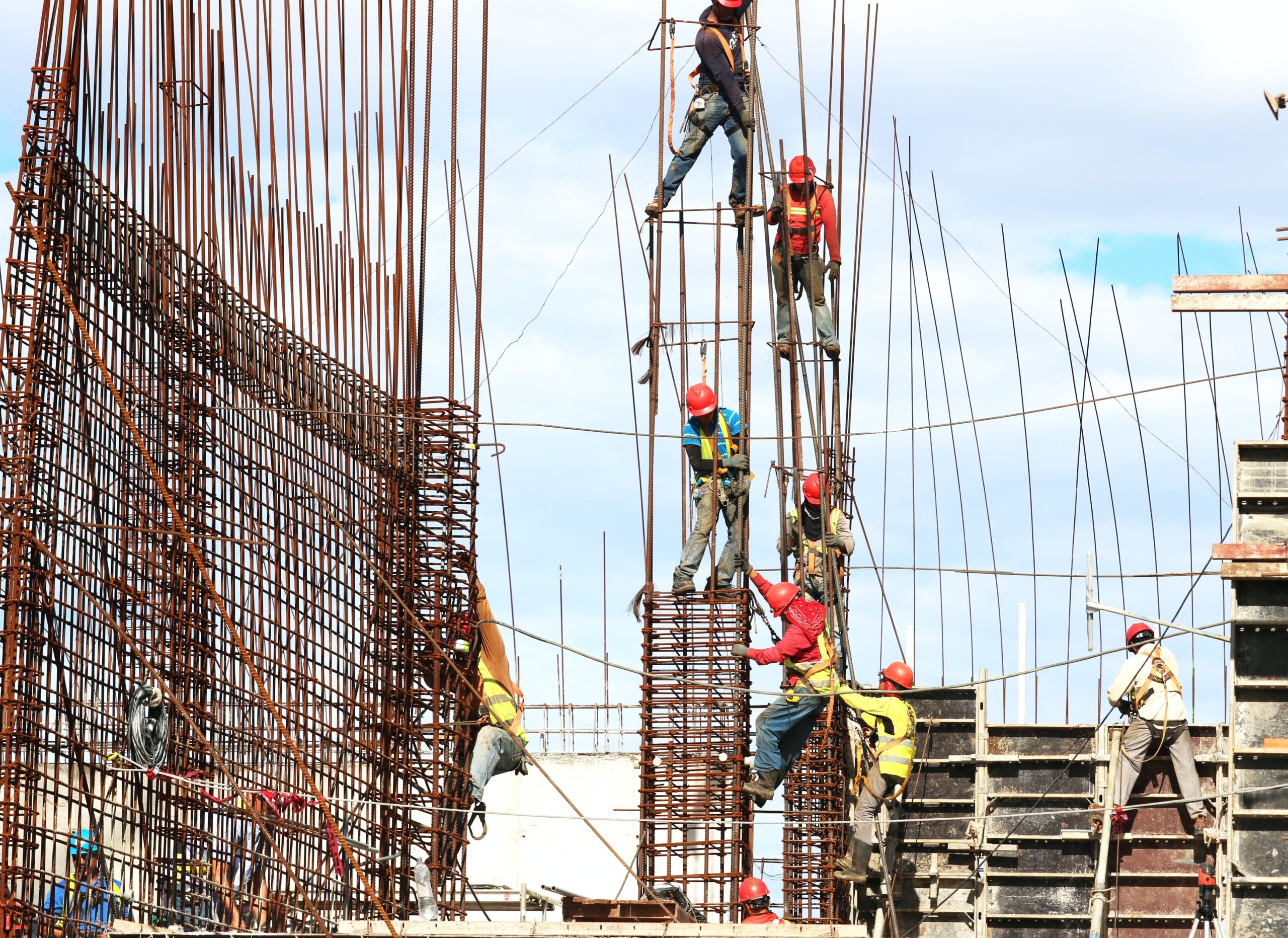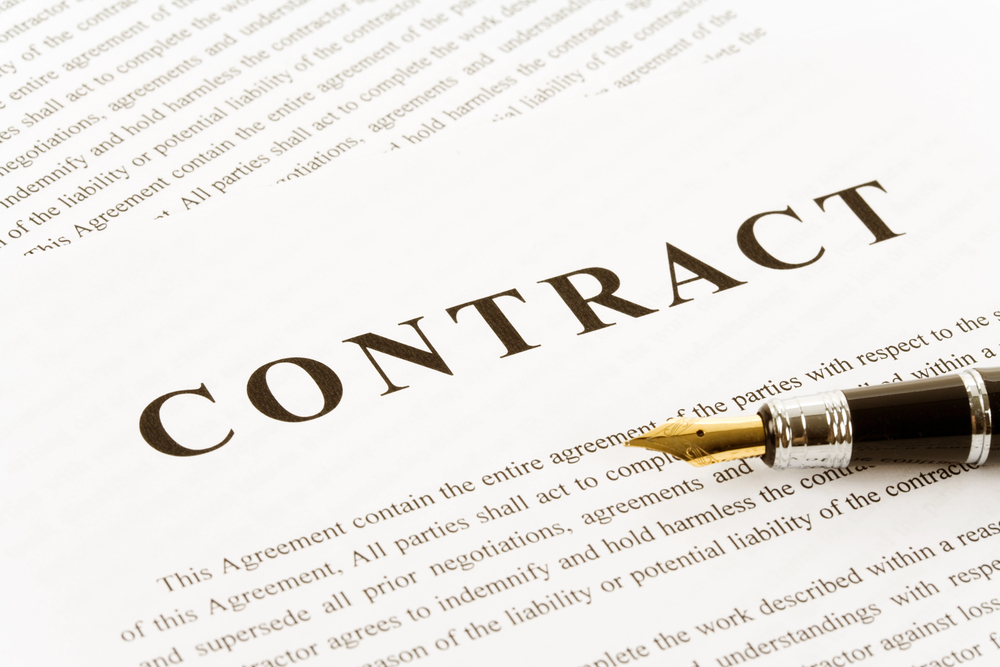Defective work claims are a commonality throughout the construction industry. Our last two blogs discussed what to do to navigate the tricky realities of receiving a claim for defective work on a residential project. However, navigating the same scenario in commercial construction is a vastly different beast in many respects. This blog will clarify the differences between what “defective work” means in commercial construction and what you can do to give yourself a better shot at avoiding defective work claims while working on a commercial construction project. Let’s take a look at defining defective work in commercial construction.
Discovering Differences in Defective Work
The biggest thing on the commercial side of construction that we see with newer contractors, or contractors moving over to commercial from residential, is misunderstanding what is considered defective work in commercial construction—under a commercial construction contract. When you sign on to a commercial contract, it will have specific plans and specs attached to them that are a part of the contract. Though there are undoubtedly many ways to do the work and achieve the same results, commercial construction has especially specific requirements. If you do not get to the desired outcome by explicitly following the plans and specs in your commercial construction contractrequirements, your work can be considered defective. Regardless of whether there is actually anything wrong with the end product, it may require complete reworking if it was not done in accordance with the plans and specs.
When it comes to commercial projects, you are bound to the exact specifications in your commercial construction contract. We see it happen all the time. The contractor decides to use a cheaper alternative to the original project the owner selected that looks similar, and they get on with the project and complete it. Though the work they have done looks excellent in many cases, if the client sees that their contractor is using an unapproved or cheaper product than what was agreed upon, the contractor will be required to rip it up and do it all over again using the correct material.
Prevent a Lawsuit
The Cromeens Law Firm is here to protect you and your business. Our hope is that you never get stuck in a legal battle because you were not adequately informed or prepared. Work with us to equip yourself with the knowledge you need to protect your business and your hard-earned money.
Your Contract is Your Key to Defining Defective Work in Commercial Construction
An example that comes to mind revolves around the world of masonry. In the masonry world, there is a product called Stowe, and its primary distributor has negotiated that certain projects with other major companies must use Stowe in their production. Say one of those companies is building a new brick and mortar in town, and the local distributor of the Stowe product is made aware of this. The contractor/s who get the job would be required contractually to use Stowe, even though other products would work just as well.
In the instance that the contractors decide to go with an alternative product that would look comparable, the local distributors could eventually notice that the project is being worked on with some other product, at which point they could contact the General Contractor and report that the project is being improperly executed. Until that point, all the work completed would be considered defective under the contract.
We have seen contractors have to completely redo their entire scope of work without any additional compensation due to this blunder. It is necessary to make sure you are fully aware of what materials are approved when you begin a commercial construction project and stay vigilant about utilizing only those materials throughout your work. Sticking to the exact plans and specs of the project, executing it as expected, and making sure you are only utilizing the approved, and agreed-upon materials is the best way to minimize your chances of receiving a claim for defective work in commercial construction.
Conclusion: Understand the Risks of Defective Work in Commercial Construction
The construction industry is full of nuances, especially when it comes to navigating various kinds of construction. When operating in commercial construction, you need to understand the risks and know what you are and are not permitted to do under your contract. Connect with a full-service construction law firm and sit down with a construction attorney like those at The Cromeens Law Firm to go over your contract and ensure you understand the parameters you can operate within if you are not completely confident. Your work decides your reputation. There is no reason to risk it by failing to adhere to your contract.
This article is intended as a general educational overview of the subject matter and is not intended to be a comprehensive survey of recent jurisprudence, nor a substitute for legal advice for a specific legal matter. If you have a legal issue, please consult an attorney.




